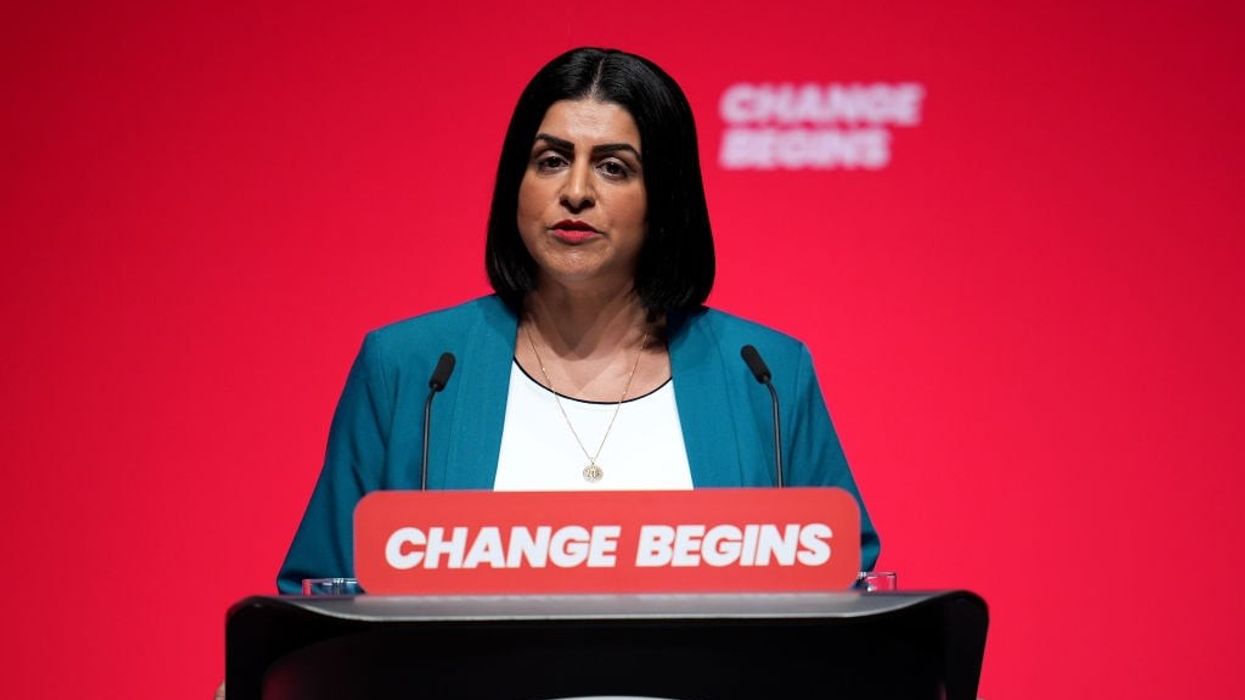JUSTICE SECRETARY Shabana Mahmood has unveiled a proposal to significantly reduce the number of women imprisoned in England and Wales.
During her address at the Labour Party conference in Liverpool, she stressed that the current prison system is failing women, reported the Times.
She said, “It’s high time we stopped sending so many women to prison,” and expressed her ambition to ultimately close all female jails.
Currently, there are 3,453 women in jail out of a total prison population of 86,406. Among the 117 prisons in England and Wales, only 12 are designated for women.
Mahmood indicated that her goal is to prevent up to two-thirds of women from being sent to prison each year. Statistics reveal that a significant number of female offenders are imprisoned for non-violent crimes, suggesting that many could avoid imprisonment.
Based on 2022 data, this could potentially mean around 2,400 women would no longer face imprisonment annually, especially since a considerable portion of women receive sentences of less than six months.
In her speech, Mahmood highlighted the negative impacts of imprisonment on families. She cited alarming figures, such as 50 babies being born while their mothers are in jail each year, and three-quarters of children leaving their homes when their mothers are in prison.
The repercussions of these separations can extend across generations, with many children losing contact with their mothers during their incarceration, the minister said.
According to her, women's prison term not only harm individuals but also disrupt families and communities.
Mahmood also announced the establishment of a Women’s Justice Board to focus on lowering the female prison population. This board will be led by a minister and is set to publish a strategy in the spring, working in tandem with an upcoming sentencing review.
The proposed changes will aim to provide alternatives to custodial sentences for women charged with low-level, non-violent offences. However, any adjustments to sentencing laws will need to comply with the Equalities Act, ensuring that both male and female offenders are treated equally.
Government sources have hinted that there could be a substantial decrease in female imprisonment by addressing specific crimes that disproportionately involve women.
For instance, shoplifting was identified as the most common offence among women in 2022, responsible for 36 per cent of female prison sentences under six months. Comparatively, this offence accounted for only 16 per cent of sentences for men.
The government plans to enhance the use of community sentences, possibly employing electronic monitoring for those serving sentences in the community.
The Women’s Justice Board will also aim to intervene earlier in the criminal justice process, helping divert women away from the system when appropriate. Additionally, it will explore how to utilise community services more effectively, such as residential centres specifically designed for women, as a substitute for imprisonment.
Mahmood noted that majority of women in prison have not committed violent crimes, yet they find themselves in harsh environments that contribute to high rates of self-harm.
At the conference, Lord Timpson, prisons minister, spoke about the importance of relying more on community orders. He said that courts should be encouraged to use alternatives to imprisonment, aiming to reduce the number of people sent to prison.
During a separate event hosted by the Fabian Society, Timpson shared his experiences of employing former prisoners at his business. He said that these individuals tend to be more motivated and productive, stressing the potential benefits of rehabilitation.





